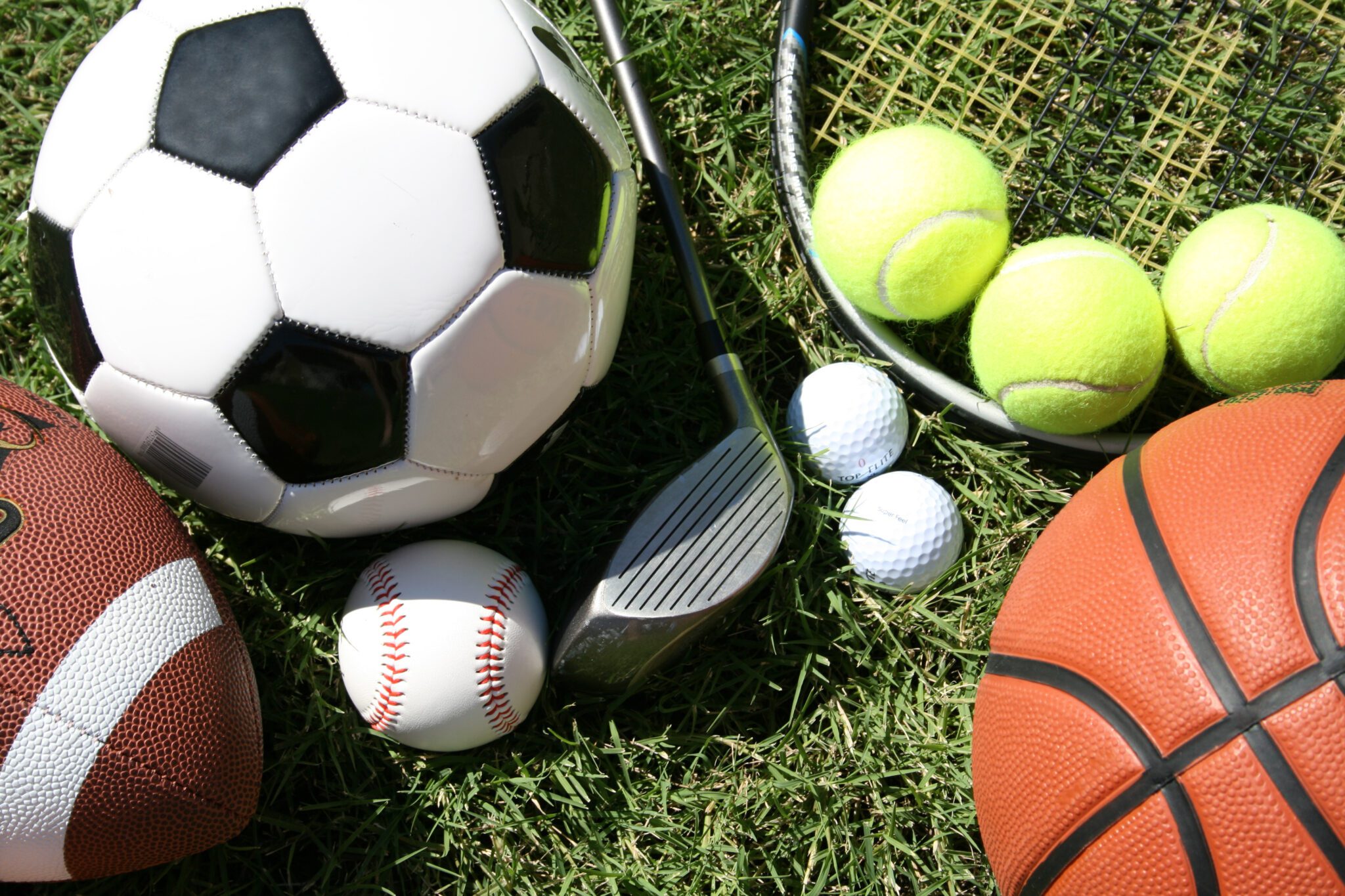Athletes of all levels, from amateurs to professionals, seek to improve their performance through rigorous training. While physical training is essential for enhancing athletic ability, mental toughness plays an equally crucial role. Sports training focuses not only on improving physical fitness but also on developing the mental skills necessary to succeed under pressure. In this article, we will explore how sports training enhances athletic performance and fosters mental resilience, helping athletes reach their full potential.
1. Physical Conditioning in Sports Training
The foundation of sports training lies in physical conditioning, which is critical for improving athletic performance. Through targeted exercises and drills, athletes develop strength, speed, endurance, and agility, which are key components for success in any sport.
- Strength Training: Building muscle strength through resistance exercises enhances power and explosiveness. Strong muscles help athletes generate more force, whether it’s for sprinting, lifting, or jumping. Strength training also prevents injuries by improving muscle stability and flexibility.
- Endurance Training: Endurance training, such as running long distances or swimming, helps athletes improve their stamina and aerobic capacity. This is essential for sustaining high performance over time, especially in sports like soccer, basketball, and cycling.
- Agility and Speed: Agility drills, which involve quick changes of direction, and speed training enhance an athlete’s ability to move swiftly and efficiently. Quick reflexes and fast footwork are essential in many sports, and agility training is key to enhancing these skills.
- Flexibility and Recovery: Sports training also includes flexibility exercises, which improve joint mobility and prevent injuries. Stretching and recovery techniques, such as yoga or foam rolling, are essential for helping muscles recover and stay injury-free.
2. Mental Toughness and Resilience
In addition to physical conditioning, sports training focuses heavily on mental toughness— the ability to perform under pressure and push through adversity. Mental resilience is crucial when facing challenges like setbacks, injuries, or tough competition. Here’s how sports training helps build mental toughness:
- Focus and Concentration: Mental focus is essential for peak performance. Sports training teaches athletes to block out distractions, concentrate on the task at hand, and stay focused during high-pressure situations. Whether it’s in a crucial match or a difficult training session, the ability to stay mentally focused often makes the difference between success and failure.
- Visualization and Goal Setting: Athletes use mental techniques like visualization to mentally rehearse their performance. By imagining success and overcoming obstacles, athletes build confidence and prepare mentally for the challenges they will face. Setting specific, measurable goals is also an integral part of training, as it helps athletes stay motivated and track their progress.
- Handling Pressure and Stress: High-pressure situations are inevitable in sports, whether it’s during a close game or a personal performance goal. Sports training teaches athletes how to handle stress by using breathing exercises, mindfulness, and mental conditioning. Developing the ability to stay calm and perform under pressure is a key aspect of mental toughness.
- Building Resilience: Sports training pushes athletes to their physical and mental limits, fostering resilience. Overcoming challenges and setbacks during training helps athletes develop perseverance and determination, which are necessary to continue improving and achieve long-term success.
3. The Role of Recovery and Rest in Performance
While intense training is vital for improving performance, rest and recovery are just as important. Overtraining without adequate recovery can lead to burnout, injury, and decreased performance. Here’s how athletes incorporate recovery into their training:
- Active Recovery: Instead of resting completely, many athletes engage in active recovery, such as light jogging, cycling, or swimming. This helps improve blood circulation and promotes muscle healing without putting too much strain on the body.
- Rest and Sleep: Sleep is essential for physical and mental recovery. During sleep, the body repairs muscle tissue, replenishes energy stores, and consolidates memories. Proper sleep is critical for maintaining cognitive function and emotional well-being, which directly affect athletic performance.
- Nutrition and Hydration: Proper nutrition and hydration are key components of recovery. Athletes consume balanced meals with adequate protein, carbohydrates, and healthy fats to repair muscles and fuel energy levels. Staying hydrated is also essential for preventing fatigue and maintaining peak performance.
4. Tracking Progress and Continuous Improvement
Sports training involves continuous monitoring of an athlete’s progress. By using performance metrics, athletes can identify areas for improvement and track their development over time.
- Data and Analytics: Many athletes use wearable devices, apps, or performance trackers to monitor their progress. These tools track metrics such as heart rate, pace, and distance, helping athletes refine their training programs and achieve optimal performance.
- Feedback and Coaching: Regular feedback from coaches and trainers helps athletes stay on track and make necessary adjustments to their training routines. Constructive criticism and positive reinforcement play a critical role in maintaining motivation and progress.
Conclusion
Sports training is a comprehensive approach that enhances both athletic performance and mental toughness. Through physical conditioning, mental resilience, and focused recovery, athletes can reach their highest potential and perform at their best. By embracing a well-rounded training regimen that includes strength, endurance, mental focus, and recovery, athletes can improve their overall performance and develop the mindset necessary for success in sports and in life.

